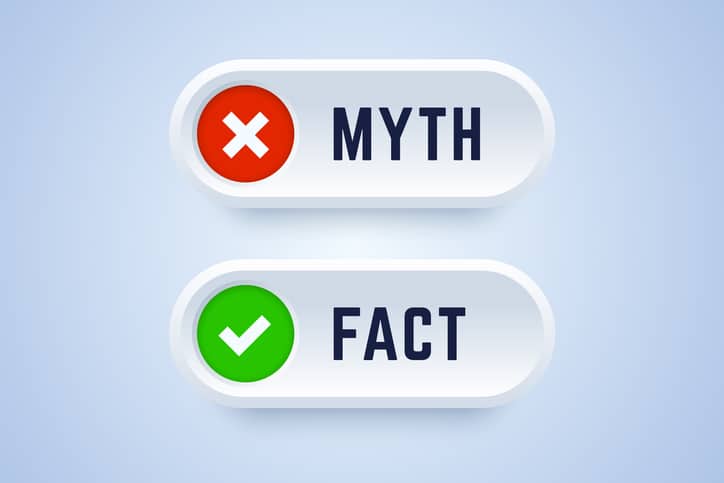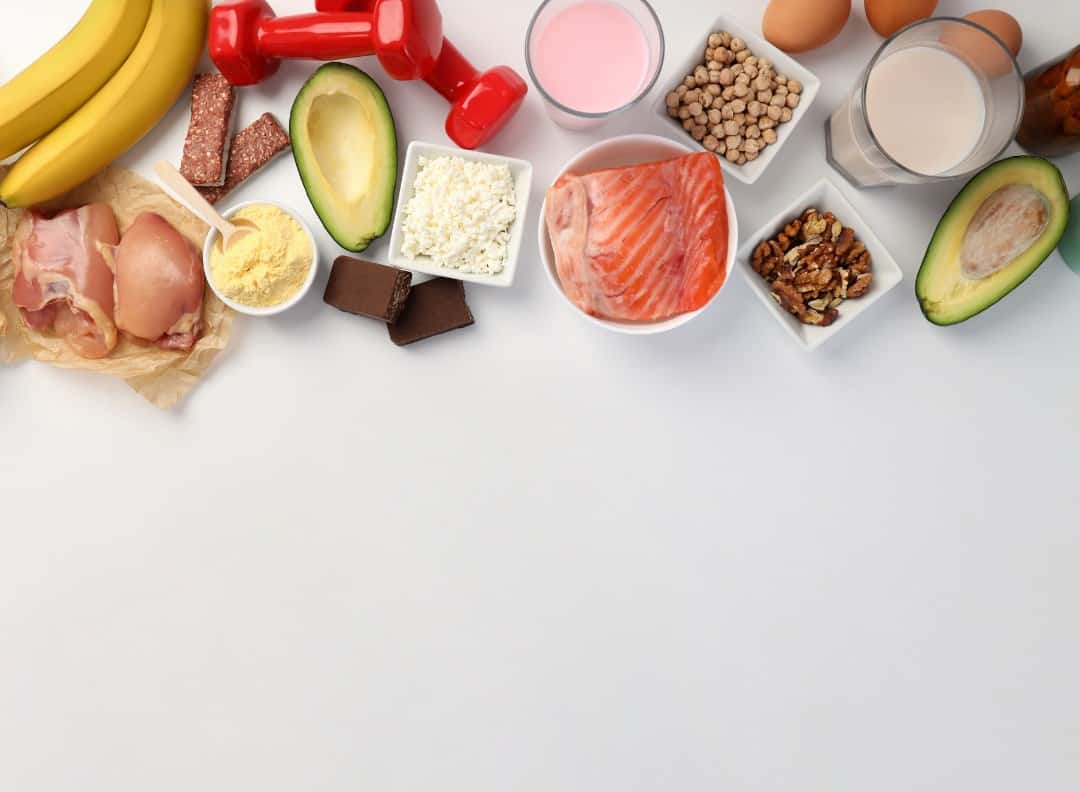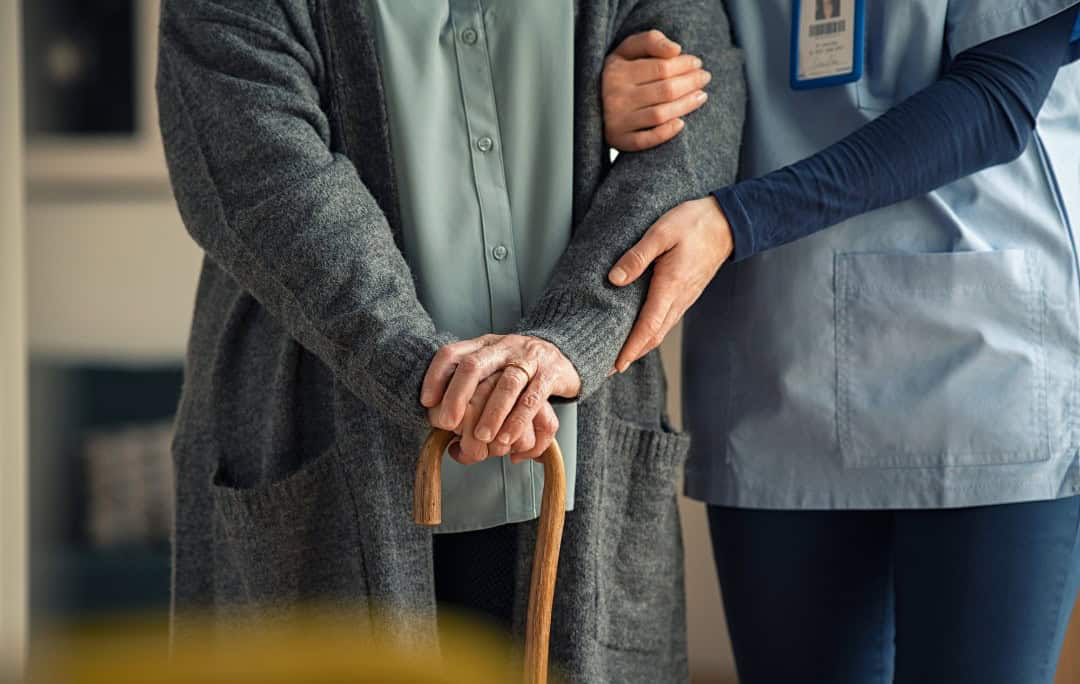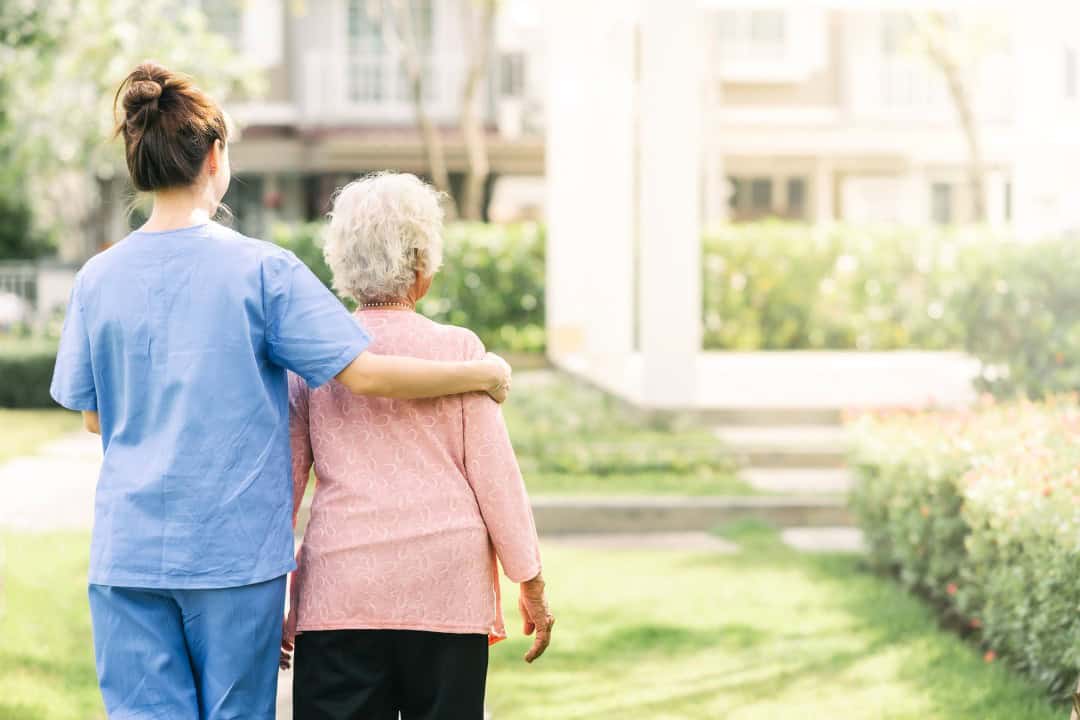The vaccinations for COVID-19 are well underway but there are still certain myths that are worrying people from having the vaccine.
Here are some of those Myths and the actual truths from the NHS
Myth: The vaccine was approved too quickly; it won’t be safe.
Truth: Most vaccines take years to develop, test and approve for public use but, a global effort has meant scientists have been able to work at record speed. The Oxford vaccine has been approved for use in the UK and has met strict standards of safety, quality and effectiveness set out by the independent Medicines and Healthcare products Regulatory Agency (MHRA). Any coronavirus vaccine that is approved must go through all the clinical trials and safety checks all other licensed medicines go through. The UK has some of the highest safety standards in the world, and although clinical trials have been carried out more rapidly than they have for other vaccines, this has been achieved by conducting some of the steps in parallel rather than sequentially and vaccine safety has not been compromised.
Myth: The vaccine could give you Covid-19.
Truth: Some vaccines contain the germs that cause the disease they are immunising against but they have been killed or weakened to the point they don’t make you sick. But in the case of a coronavirus vaccine, none that are in development contain a live coronavirus, and they therefore can’t give you a coronavirus infection.
Myth: We don’t know what’s in these vaccines.
Truth: Both Pfizer and Moderna have published the ingredient lists for their vaccines. In addition to the star ingredient, the COVID-19 mRNA for the spike protein, both vaccines contain lipids (fats) that help deliver the mRNA into your cells and a few other common ingredients that help maintain the pH and stability of the vaccine. Despite theories circulated on social media, they do not contain microchips or any form of tracking device.
Myth: I already had COVID-19, so I won’t benefit from the vaccine.
Truth: We don’t yet know how long natural immunity to COVID-19 lasts. Right now, it seems that getting COVID-19 more than once is not common, but there are still many questions that remain unanswered. Experts say that, even if you’ve had COVID-19, it would still be appropriate for you to get the vaccine to make sure you’re protected.
Myth: Since COVID-19’s survival rate is so high, I don’t need a vaccine.
Truth: It’s true that most people who get COVID-19 are able to recover. But it’s also true that some people develop severe complications. So far, more than 1.7 million people around the world have died from COVID-19 – and that doesn’t account for people who survived but needed to be hospitalized. Because the disease can damage the lungs, heart and brain, it may also cause long-term health problems that experts are still working to understand. There’s another reason to consider getting the vaccine: It protects those around you. Even if COVID-19 doesn’t make you very sick, you could pass it on to someone else who might be more severely affected. Widespread vaccination protects populations, including those who are most at risk and those who can’t be vaccinated. It will be important for ending the pandemic.









